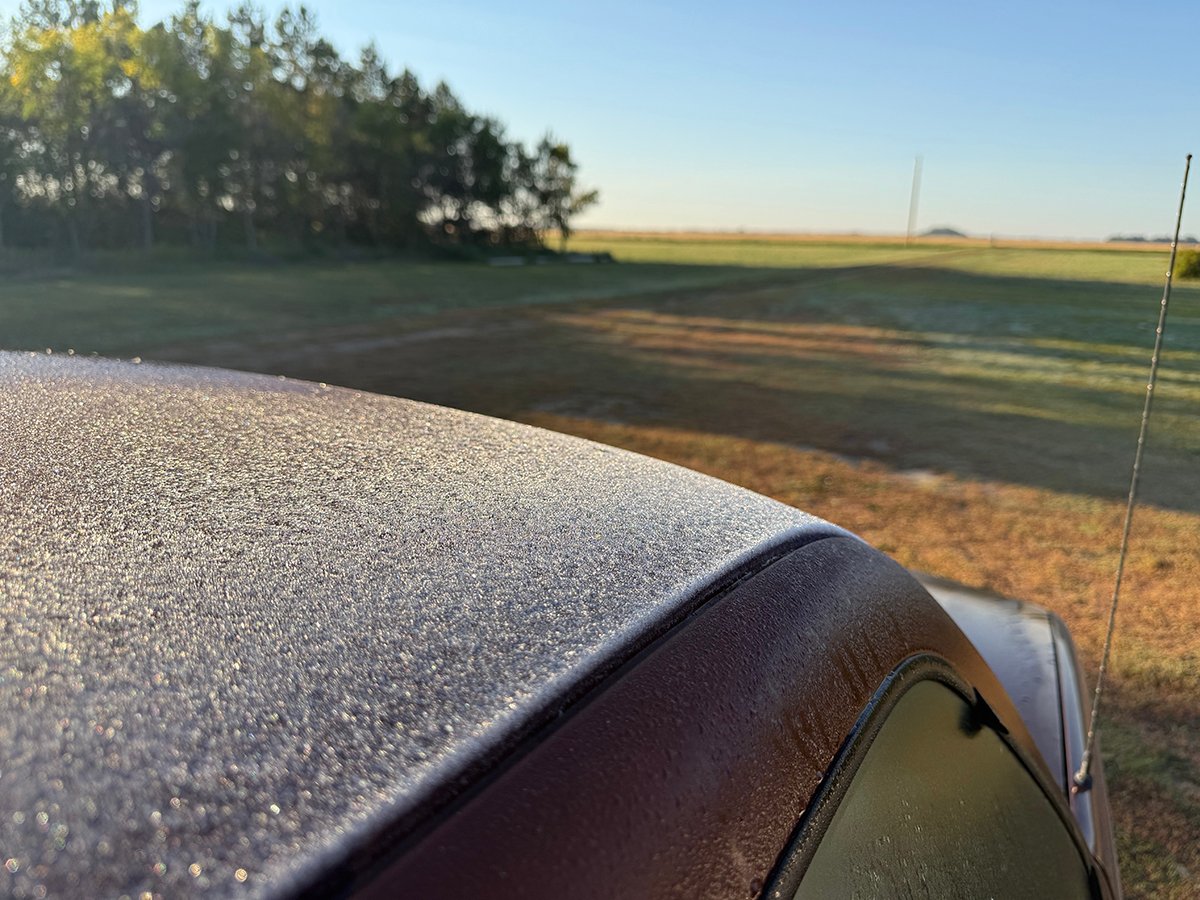REUTERS — A divided federal appeals court said California cannot require businesses to warn consumers about the potential dangers of glyphosate, an ingredient in Roundup that has been linked to cancer.
Upholding a permanent injunction, the ninth United States Circuit Court of Appeals in San Francisco found it unconstitutional to force Bayer’s Monsanto unit, which makes Roundup, and other agricultural businesses to provide California’s proposed carcinogen warnings under a state law known as Proposition 65.
Writing for a 2-1 majority, circuit judge Consuelo Callahan said Nov. 7 that making the producers a “billboard” for California’s “at best, disputed” message that glyphosate is unsafe violated their First Amendment commercial speech rights, despite the state’s substantial interest in its citizens’ health.
Read Also

Frost-free season lengthens this year
Saskatoon, Edmonton, and Dauphin saw their frost-free season range from 131 to 135 days, which is about 15 to 20 days longer than average.
“Compelling sellers to warn consumers of a potential ‘risk’ never confirmed by any regulatory body — or of a hazard not ‘known’ to more than a small subset of the scientific community — does not directly advance that interest,” she wrote.
Bayer called the decision “a strong blow against compelled warnings for Roundup that are not supported by science and will be important in the company’s ongoing personal injury litigation.”
California’s original warnings linked glyphosate to cancer. A revised warning proposed last year referred to findings by the International Agency for Research on Cancer, the France-based specialized cancer agency of the World Health Organization, that stated glyphosate was “probably carcinogenic” to humans.
Callahan rejected all the warnings, saying they required Bayer and other objectors to convey a “controversial, fiercely contested message that they fundamentally disagree with.”
The Nov. 7 decision upheld a June 2020 injunction issued by U.S. district judge William Shubb in Sacramento, California.
“We are disappointed,” the office of California attorney general Rob Bonta, which had appealed the injunction, said in an email.
Bayer has faced extensive litigation over Roundup, including three losses in trials last month, since it bought Monsanto for $63 billion in 2018.
It settled most Roundup claims for $10.9 billion in 2020, but by early this year still faced about 45,000 claims.

















